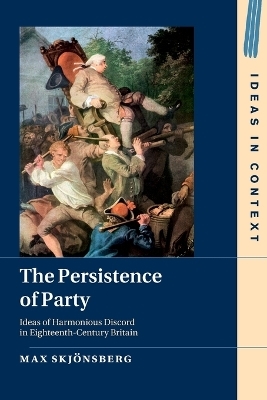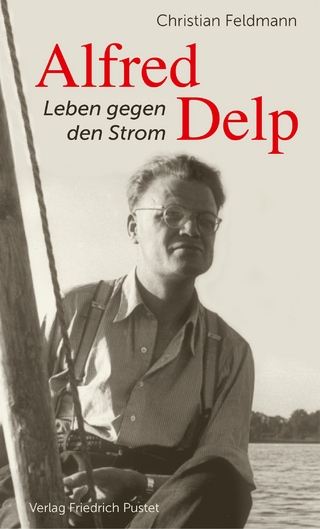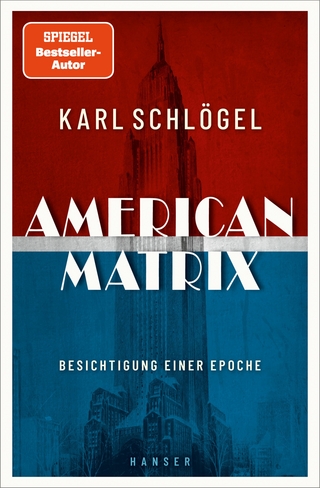
The Persistence of Party
Cambridge University Press (Verlag)
978-1-108-79499-2 (ISBN)
Political parties are taken for granted today, but how was the idea of party viewed in the eighteenth century, when core components of modern, representative politics were trialled? From Bolingbroke to Burke, political thinkers regarded party as a fundamental concept of politics, especially in the parliamentary system of Great Britain. The paradox of party was best formulated by David Hume: while parties often threatened the total dissolution of the government, they were also the source of life and vigour in modern politics. In the eighteenth century, party was usually understood as a set of flexible and evolving principles, associated with names and traditions, which categorised and managed political actors, voters, and commentators. Max Skjönsberg thus demonstrates that the idea of party as ideological unity is not purely a nineteenth- or twentieth-century phenomenon but can be traced to the eighteenth century.
Max Skjönsberg is a postdoctoral research associate in the Department of History at the University of Liverpool. An intellectual and political historian of the eighteenth century, he has published articles in the Historical Journal, Journal of British Studies, History of Political Thought, Modern Intellectual History, and History of European Ideas. He has previously lectured in history and political theory at the University of St Andrews and the University of York. In addition to being awarded the 2013 Skinner Prize from the University of London, he was David Hume Fellow at the Institute for Advanced Studies in the Humanities at the University of Edinburgh in 2018, and received the Parliamentary History Essay Prize in 2020.
Introduction. Party in history and politics; 1. Background, contexts, and discourses; 2. Rapin on the origins and nature of party division in Britain; 3. Bolingbroke's country party opposition platform; 4. David Hume's early essays on party politics; 5. Faction detected? Pulteney, Perceval, and the Tories; 6. Hume on the parties' speculative systems of thought; 7. Hume and the history of party in England; 8. Political transformations during the Seven Years' War: Hume and Burke; 9. 'Not men, but measures': John Brown on free government without faction; 10. Edmund Burke and the Rockingham Whigs; 11. Burke's thoughts on the cause of the present discontents; 12. Burke and his party in the age of revolution; 13. Burke and the Scottish enlightenment; Conclusion.
| Erscheinungsdatum | 07.12.2022 |
|---|---|
| Reihe/Serie | Ideas in Context |
| Zusatzinfo | Worked examples or Exercises |
| Verlagsort | Cambridge |
| Sprache | englisch |
| Maße | 151 x 227 mm |
| Gewicht | 570 g |
| Themenwelt | Geisteswissenschaften ► Geschichte ► Regional- / Ländergeschichte |
| Sozialwissenschaften ► Politik / Verwaltung ► Politische Theorie | |
| ISBN-10 | 1-108-79499-8 / 1108794998 |
| ISBN-13 | 978-1-108-79499-2 / 9781108794992 |
| Zustand | Neuware |
| Haben Sie eine Frage zum Produkt? |
aus dem Bereich


